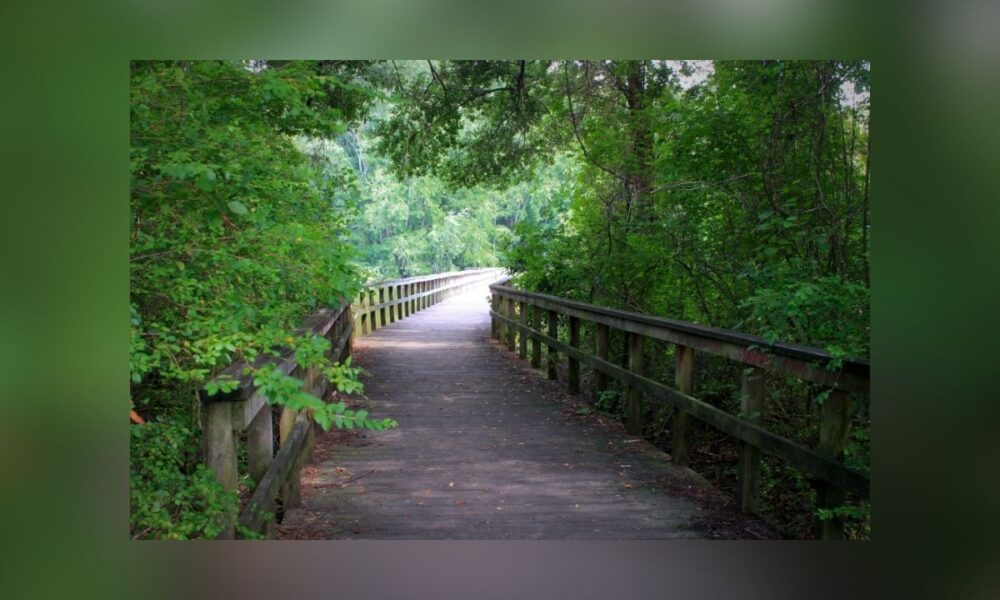Texas officials have announced the creation of a 200-mile trail that will connect the Alamo to the State Capitol.
The Texas Bicentennial Trail will link existing paths, historical sites, and natural springs to commemorate the state’s 200th anniversary of independence from Mexico in 2036.
The trail represents a major tourism and economic development initiative for Central Texas. It will connect four major springs systems while preserving natural resources and expanding outdoor recreation opportunities.
Gov. Abbott signed HB 4230 into law following bipartisan legislative support. The bill directs state agencies and nonprofit partners to complete the trail network by January 1, 2036.
“The General Land Office is thrilled to work with state agencies, local governments, and organizations to commemorate the 200th Anniversary of Texas’ independence with the Texas Bicentennial Trail,” Texas Land Commissioner Dawn Buckingham said in a press release. “This sprawling network of nature trails, renowned geographical locations, and historical landmarks will inspire Texans and millions of annual visitors to explore our state’s unique beauty and history, boosting our robust economy.”
The project connects Barton, San Marcos, Comal, and San Antonio Springs through existing and new trail segments. The Great Springs Project, a nonprofit organization focused on Hill Country conservation, will coordinate with state and local partners.
Republican State Rep. Will Metcalf, who authored the House bill, emphasized the economic benefits.
“The Texas Bicentennial Trail will showcase the beauty, character, and independence of the State of Texas and provide significant economic impact to the state,” Metcalf said.
The legislation explicitly prohibits the use of eminent domain to acquire trail routes. Property rights concerns had previously threatened similar projects.
Senator Donna Campbell, who sponsored the Senate companion bill, linked the trail to both heritage and health.
“The Texas Bicentennial Trail from the Alamo to the State Capitol represents the greatness of our state and our rich historical and cultural heritage,” Campbell said. “And recreational trails are a win-win for Texas by bringing tourist dollars to a region and providing for a more healthy Texas and health care savings for Texans.”
The Texas General Land Office will coordinate with the Department of Transportation and the Parks & Wildlife Department on implementation. Local governments and chambers of commerce across the region supported the legislation.
The trail marks Texas’ first major infrastructure project timed explicitly for the bicentennial celebration. Planning begins immediately to meet the 2036 deadline.


